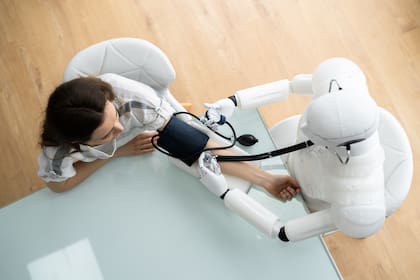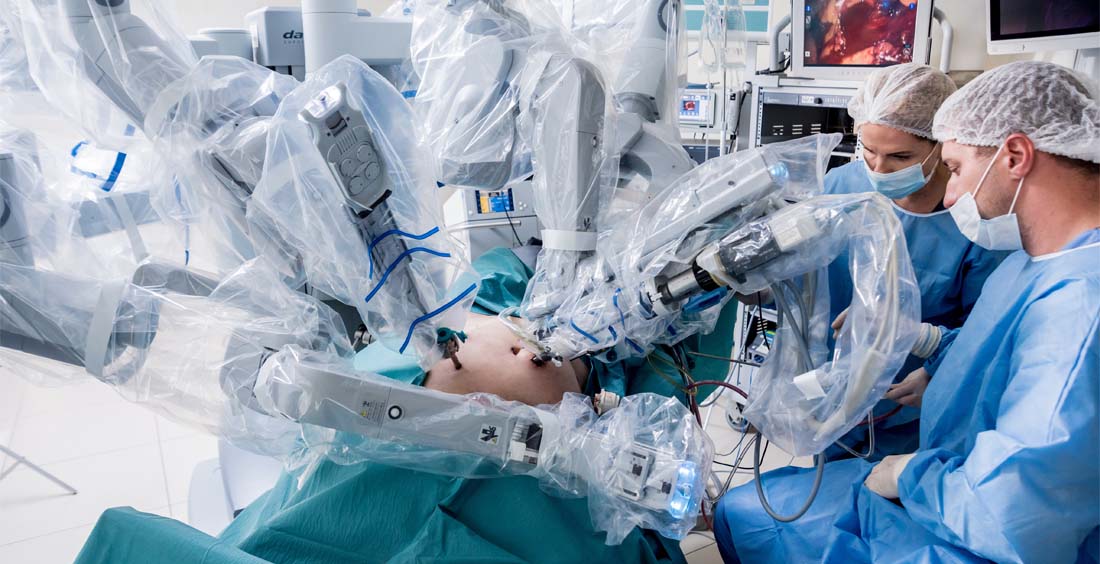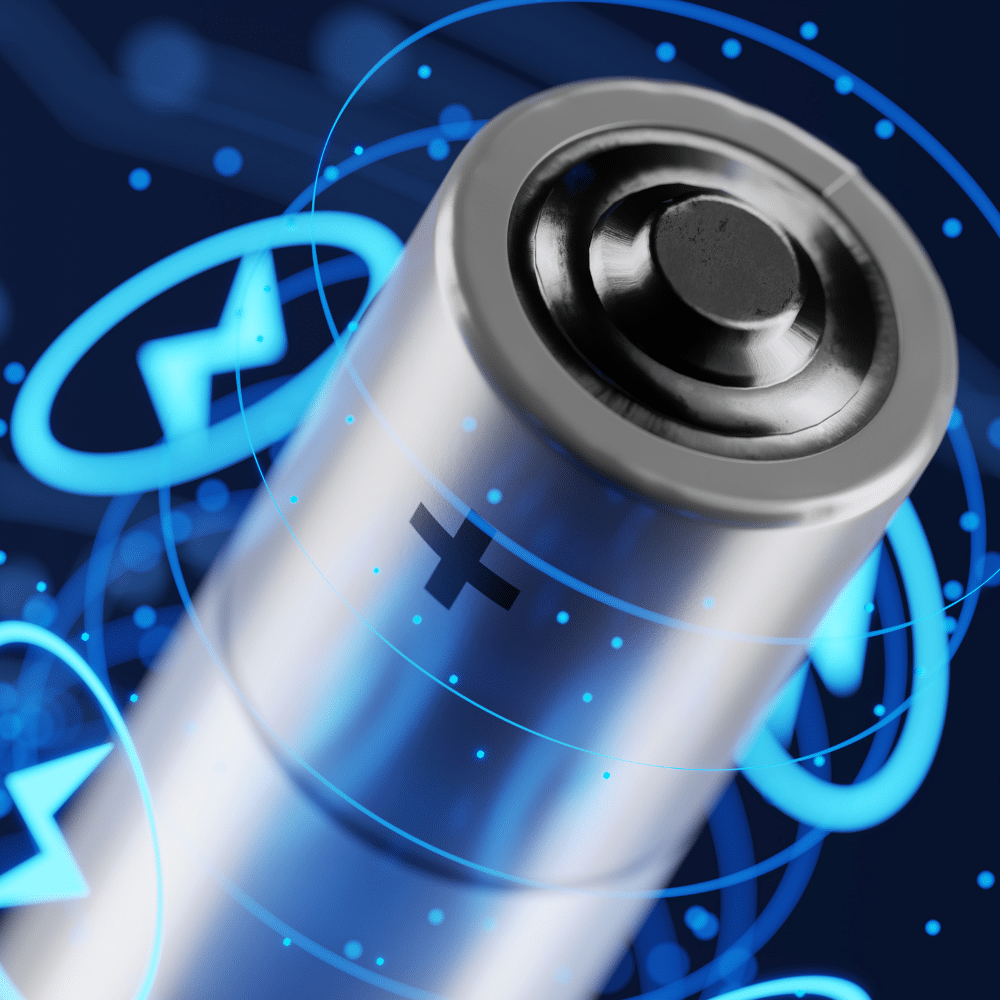Ads
In a world increasingly dominated by technology, medicine is not far behind. The revolution in healthcare is taking an exciting turn with the incorporation of robots and automation into medical practice. This change, although radical, promises more efficient, accurate, and accessible healthcare.
Innovations in robotics and automation are reshaping the medical landscape, from surgical procedures to patient care and medication administration. Robots are not only streamlining manual and tedious tasks, but are also helping medical professionals perform complex surgeries with incredible precision.
Ads
In this context, we will analyze how robotics and automation are reshaping the future of medicine, examining their benefits and challenges, and exploring the ethical implications of their use in healthcare. We will also discuss how these advances could have a significant impact on the quality and cost of healthcare in the future.
Additionally, we will explore how automation in healthcare can improve operational efficiency and reduce human error, which in turn can lead to better health outcomes for patients. This will include a discussion of how robotics can support medical professionals and free them up to focus on tasks that require a human touch.
Ads
Finally, we'll provide a glimpse into what the future of medicine will look like with robots and automation, making predictions based on current trends and emerging innovations. This analysis will provide a comprehensive view of what we can expect in the near future and how these changes could revolutionize the way we receive healthcare.
Transforming healthcare with robotics
The revolution in healthcare is here, and it's being driven by robotics. The robots They are already present in hospitals and clinics, helping doctors perform tasks ranging from minimally invasive surgeries to administering medications.
Robots in medicine are not a new concept, but current technologies are pushing the boundaries of what can be achieved. Robotic assistance systems can perform tasks with a precision and consistency that humans simply can't match.

Surgical robots
One of the most prominent uses of robotics in healthcare is in the field of surgery. surgical robots, such as the popular Da Vinci system, allow surgeons to perform complex procedures with incredible precision.
These robots not only allow for more precise surgery, but they can also minimize the amount of trauma the patient's body endures, resulting in faster recovery and less postoperative pain. Additionally, these robots can perform surgeries in areas of the body that would be difficult or impossible for a human surgeon.
Automation in healthcare
The automation It's also playing an increasingly important role in healthcare. Whether through the use of artificial intelligence algorithms to diagnose diseases or automated systems to administer medications, automation is enabling more efficient and effective healthcare.
Diagnosis and treatment
In the field of diagnosis and treatment, artificial intelligence systems are proving extremely useful. These systems can analyze test results and medical records to help identify patterns that could indicate a particular disease.
Furthermore, some AI systems can even suggest treatments based on the information they've gathered. This can not only result in faster diagnosis and treatment, but also greater accuracy.
The healthcare of the future
With advances in robotics and automation, healthcare is changing rapidly. But what will the healthcare of the future look like?

Telemedicine
One of the most exciting advances in healthcare is telemedicine. With the help of technology, patients can receive medical care without having to leave their homes. This is especially useful for people living in rural areas or those with limited mobility.
Personal care robots
In the future, we could see an increase in the use of personal care robots. These robots could assist people with daily tasks, such as dressing or eating, which could significantly improve the quality of life for people with physical disabilities.
Challenges and ethical considerations
Although robotics and automation have the potential to revolutionize healthcare, they also pose ethical challenges and questions. For example, who is responsible if a robot makes a mistake? How do we ensure patient safety?
Patient safety and privacy
One of the main concerns when implementing robotics and automation in healthcare is patient safety and privacy. With an increasing amount of patient information stored and transmitted digitally, it is vital that appropriate measures be taken to protect this information.
Ethics and responsibility
Furthermore, we must also consider the ethical and liability issues that arise with the use of robotics and automation in healthcare. Who is responsible if a robot makes a mistake that harms a patient? How do we ensure that robotic and automated healthcare is fair and accessible to all?
These are just some of the questions we must answer as we move forward in this new era of healthcare.
Conclusion
In conclusion, the healthcare revolution driven by robotics and automation is already here, transforming healthcare in unimaginable ways. Robots are present in hospitals and clinics, performing everything from minimally invasive surgeries to administering medications with a precision and consistency that humans simply cannot match.
Automation, aided by artificial intelligence, is enabling more efficient and effective diagnosis and treatment. Telemedicine and personal care robots are changing the way we receive medical care, making it more accessible and significantly improving the quality of life for people with physical disabilities.
However, with these advances also come challenges and ethical considerations. Who is responsible if a robot makes a mistake? How do we ensure patient safety and privacy? How do we ensure that robotic and automated healthcare is fair and accessible to all? These are crucial questions that must be answered as we move forward in this new era of healthcare. Despite these challenges, the future of medicine with robots and automation promises to be exciting and transformative.



